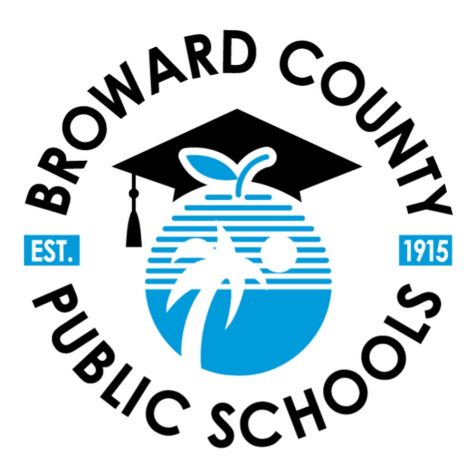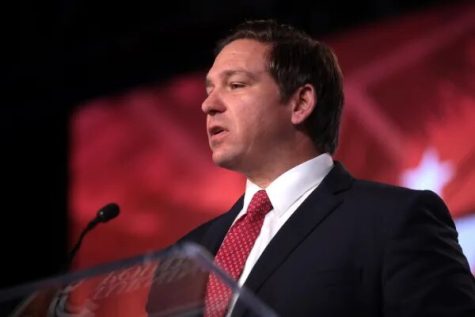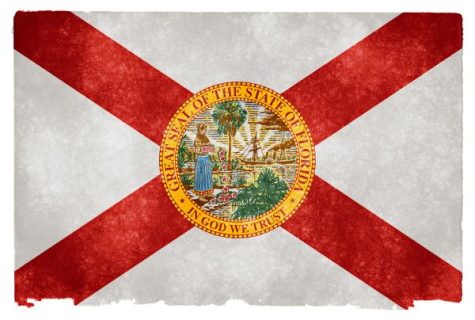AP African American studies course framework sparks controversy

"History Class" by Ikayama is licensed under CC BY-NC-SA 2.0.
The College Board released the an official framework for the AP African American Studies course after unofficial framework was rejected by Florida.
The College Board continues to develop a new A.P. history course since 2020 but faced opposition with its unofficial framework. The Florida Department of Education rejected the A.P. African American studies pilot course stating that there are six areas of concern after the framework was published. The course is projected to be available to high schools by the 2024-25 school year. The course was declared to be “historically inaccurate” and “lacking in educational value,” with parts violating state law, according to the Florida Department of Education.
When news first broke that the A.P. African American studies course was rejected, the law or parts of the course that had violated Florida law was never clearly stated. However, due to public backlash from the decision, Gov. Ron DeSantis and education commissioner Manny Diaz, Jr. publicly addressed the issue. They claim the course has an ulterior motive to force a left-wing ideology and push a political agenda on students by using African American history as a distraction. However, critics argue DeSantis is attempting to censor certain events in history and ideas he does not like.
“I don’t agree with this decision and honestly I think the governor is trying to shape history to what he wants it to be,” junior Trisania Myers said. “The governor doesn’t want younger generations to learn the truth about history and what certain people have had to go through and it shows.”
Last year, DeSantis signed the Florida Parental Rights in Education Act, known as the “Don’t Say Gay” legislation, which restricts how sexual orientation and gender identity are discussed in classrooms. He also passed the W.O.K.E. act which prevents the way race, and some aspects of history are taught in schools and workplaces. Due to the governor’s previous actions, many critics see banning the A.P. history class as political.
“I don’t think what he’s doing is necessary and I think in a way he’s abusing his power because banning an entire course is just removing the opportunity for students to take the course because it’s not like it’s a required class,” sophomore Caitlin laye said.
Despite the controversy around this issue, the College Board said in a statement last month that the African American Studies class is still going through the multiyear pilot phase and that revising the course framework is a standard part of creating a new A.P. course. Consequently, the framework is often changed significantly because of piloting and revision of the course; however, the public says the timing of the revisions differ.
“I think the College Board’s probably revising the course because they are getting a lot of pushback from DeSantis,” laye said.
The course was designed to have four topics that would teach about African diaspora, slavery and abolition, African American experience after abolishment, and other movements and important moments in the black community. However, after receiving backlash from DeSantis, many concepts were cut from the official framework which varied from readings, authors, and information. This has some people thinking the College Board is accepting political pressure from the governor and is unwilling to fight for bans on teaching divisive concepts in other conservative states.
Critics argue some of the topics that were removed from the framework such as black queer theory are concepts that could help people understand conservative resistance towards laws such as “Don’t Say Gay.”
“The College Board just needs to use the power they have and stand up to what the governor is saying. It doesn’t make sense that Florida banned the course, but other states didn’t,” Myers said.
While the College Board said the revisions made to the course are just the pilot phase to make the course available across the country, critics such as Kelley, a history professor at UCLA and one of the authors removed from the new framework, argue it is a result of political pressure. When an A.P. course is created, it gets piloted in different schools to test out the course to fix any flaws and get revised which is what the African American course is experiencing.
“If the students have a choice to take a course, they should be able to and just be advised on what is in the course if it really is a problem,” laye said.










